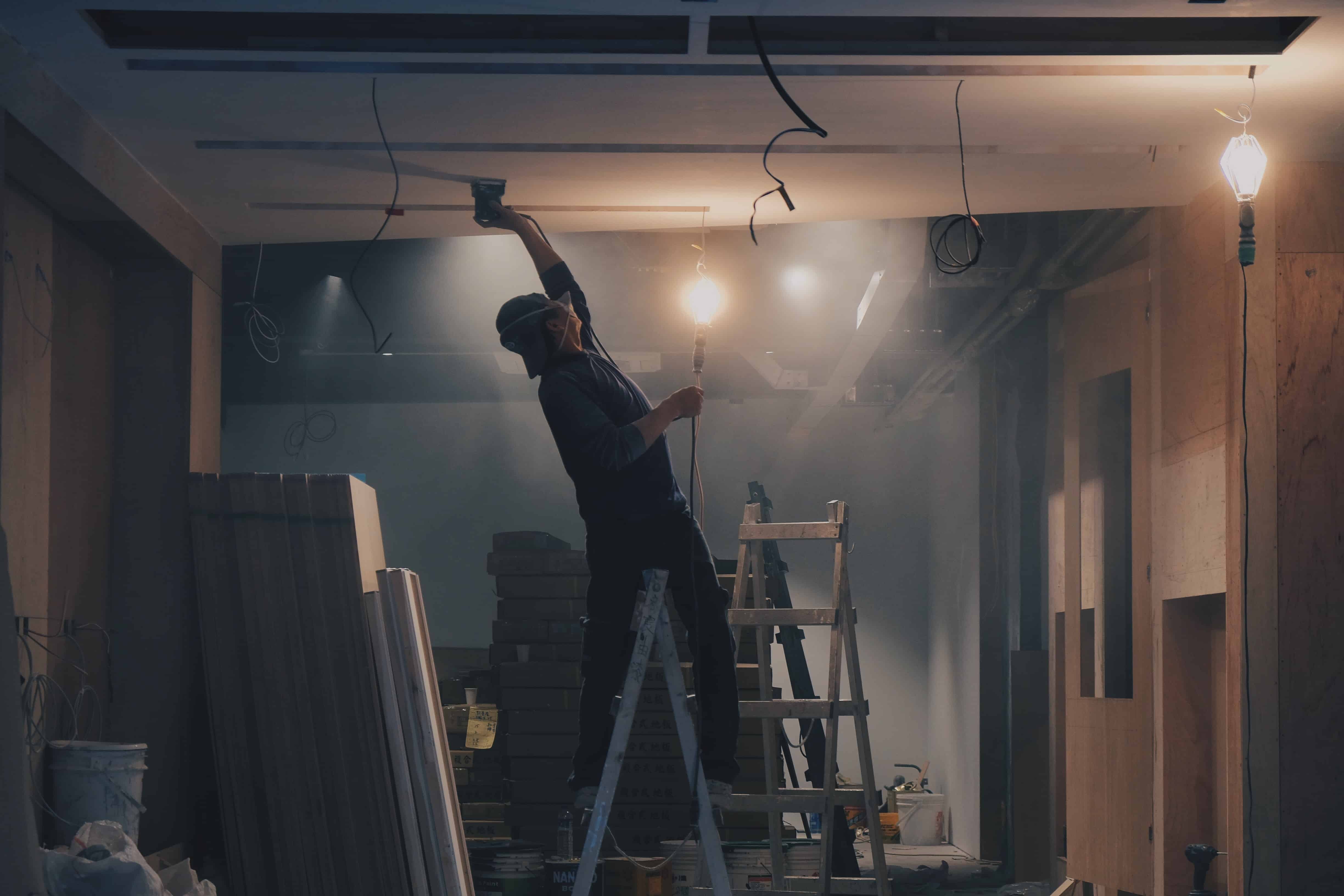 Whether you’re buying or selling a home, you want to be sure you know as much about the property’s condition as possible. Every home needs maintenance and repair, so you want a professional expert to ensure you’ve not overlooked anything that might interfere with the sale of the house. This is the time to call on a licensed home inspector, and be sure to keep the following tips in mind:
Whether you’re buying or selling a home, you want to be sure you know as much about the property’s condition as possible. Every home needs maintenance and repair, so you want a professional expert to ensure you’ve not overlooked anything that might interfere with the sale of the house. This is the time to call on a licensed home inspector, and be sure to keep the following tips in mind:
- Don’t skip having a home inspection. Even if the house is a newer build, you need to be sure it was built correctly in both the short and the long term. A fresh set of professional eyes will know if mistakes were made or damage has taken place that isn’t readily noticeable.
- Be present during the inspection. Don’t wait for the report to come in. Watch the inspector at work, and be certain to ask all questions that come to mind.
- Test all utilities: the utilities should be on during a home inspection. If for some reason they are not, the buyer can arrange to have them temporarily restored for the purpose of inspection.
- Consult with home inspection specialists. A general inspection will investigate the condition of the roof, plumbing and water issues, HVAC, electric systems and the home’s foundation. You can find do-it-yourself checklists to give you an idea of the sheet the home inspector will be looking at. But you should also find out the condition of the materials used to construct the home, such as insulation and paint. Older homes that were built before the 1980s may contain very hazardous materials that need to be addressed, such as asbestos or lead based paints.
- Get rid of pests. All homes are potentially at risk to wood-destroying organisms, such as termites, carpenter ants and flying beetles. Getting those insects discovered and out of the home may be the best thing you can do to get the new people into the home.
